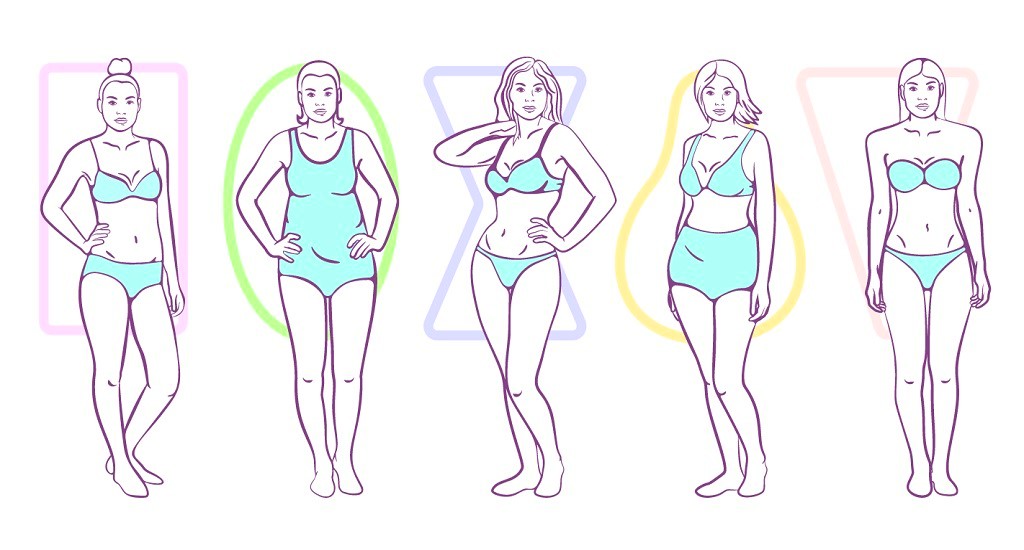The fashion industry, while a significant driver of global trends and personal expression, has also come under scrutiny for its environmental impact and ethical labor practices. Fortunately, a growing awareness of these issues has spurred the rise of sustainable and ethical fashion movements. This guide explores these practices, providing insights into how the fashion industry can be more responsible and eco-conscious.
Understanding Sustainability in Fashion: Beyond Recycling Old Clothes
Sustainability in fashion goes beyond simply recycling old clothes. It’s a holistic approach that considers the entire lifecycle of a garment, from raw material sourcing to production, distribution, and disposal. Here are some key principles:
-
Environmentally Friendly Materials: Sustainable fashion prioritizes materials with a lower environmental footprint. This includes organic cotton, recycled materials like polyester or nylon, linen, and hemp. These materials often require less water and pesticides to produce compared to conventional options.
-
Reduced Water Usage: The fashion industry is a major consumer of water. Sustainable practices focus on minimizing water usage throughout the production process, including fabric dyeing and finishing.
-
Energy Efficiency: Sustainable brands invest in energy-efficient technologies and renewable energy sources for manufacturing facilities. This reduces their overall carbon footprint.
-
Circular Economy Principles: Sustainable fashion embraces the concept of a circular economy. This means designing clothes that can be repaired, reused, or recycled at the end of their lifespan. This minimizes waste and promotes responsible resource management.
Ethical Practices: Ensuring Fair Treatment Throughout the Supply Chain
Ethical fashion goes hand-in-hand with sustainability. Here’s how ethical practices promote social responsibility:
-
Fair Labor Practices: Ethical fashion ensures fair wages and safe working conditions for workers throughout the supply chain. This includes avoiding sweatshops and child labor practices.
-
Transparency: Ethical brands promote transparency in their supply chains, allowing consumers to understand where their clothes are made and by whom.
-
Empowering Communities: Some ethical fashion brands support local artisans and traditional textile production methods, fostering economic development and preserving cultural heritage.
-
Animal Welfare: Ethical fashion often considers the well-being of animals. This might involve using cruelty-free materials like vegan leather and avoiding fur or exotic animal skins.
Making Sustainable and Ethical Choices: Tips for Conscious Consumers
While the onus lies largely on fashion brands to adopt sustainable and ethical practices, consumers also play a crucial role in driving change. Here are some tips for making conscious choices:
-
Invest in Quality Pieces: Focus on buying well-made, timeless pieces that will last longer, reducing your overall consumption.
-
Shop Second-Hand: Embrace the unique style and environmental benefits of buying pre-owned clothing from thrift stores or online platforms.
-
Research Brands and Materials: Do your research before purchasing new clothes. Look for brands committed to sustainability and ethical practices. Pay attention to the materials used and their environmental impact.
-
Care for Your Clothes Properly: Learning how to properly wash, dry, and store your clothes can extend their lifespan, reducing the need to replace them frequently.
-
Support Sustainable and Ethical Brands: Seek out brands that are transparent about their practices and prioritize sustainability and ethical production.

The Road to a More Sustainable and Ethical Fashion Industry
The fashion industry’s shift towards sustainability and ethical practices is ongoing. Several challenges remain, including:
-
High Cost of Sustainable Materials: Sustainable materials can sometimes be more expensive to source than conventional options. This can make sustainable clothing less accessible to price-conscious consumers.
-
Lack of Transparency in Supply Chains: Ensuring transparency throughout complex supply chains can be challenging. Consumers need reliable ways to verify a brand’s ethical and sustainable claims.
-
Changing Consumer Behavior: Shifting consumer mindsets from fast fashion to conscious consumption takes time and education.
Related: 5 Reasons Why Patriotic Clothing Is A New Fashion Trend
A Collective Effort for a Fashionable Future
Despite the challenges, the growing consumer demand for sustainable and ethical fashion is a positive sign. Through collective efforts from fashion brands, policymakers, and consumers, the industry can move towards a more responsible and sustainable future. By making conscious choices and supporting brands committed to ethical practices, we can all contribute to a fashion industry that’s kinder to the planet and its people.





